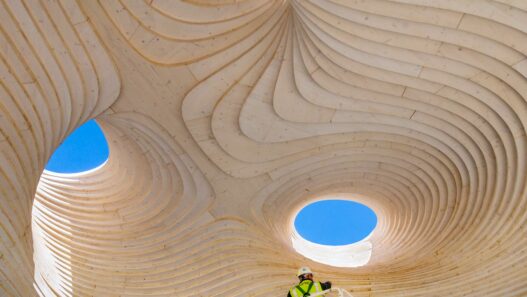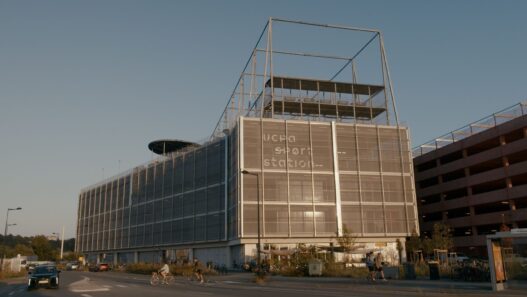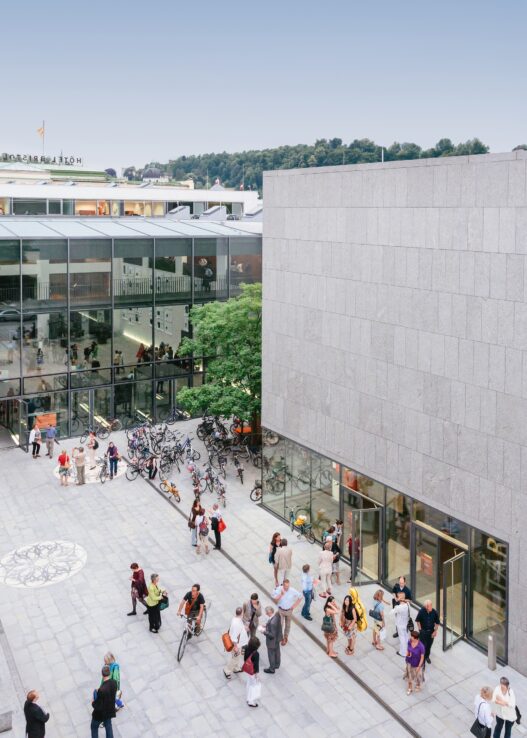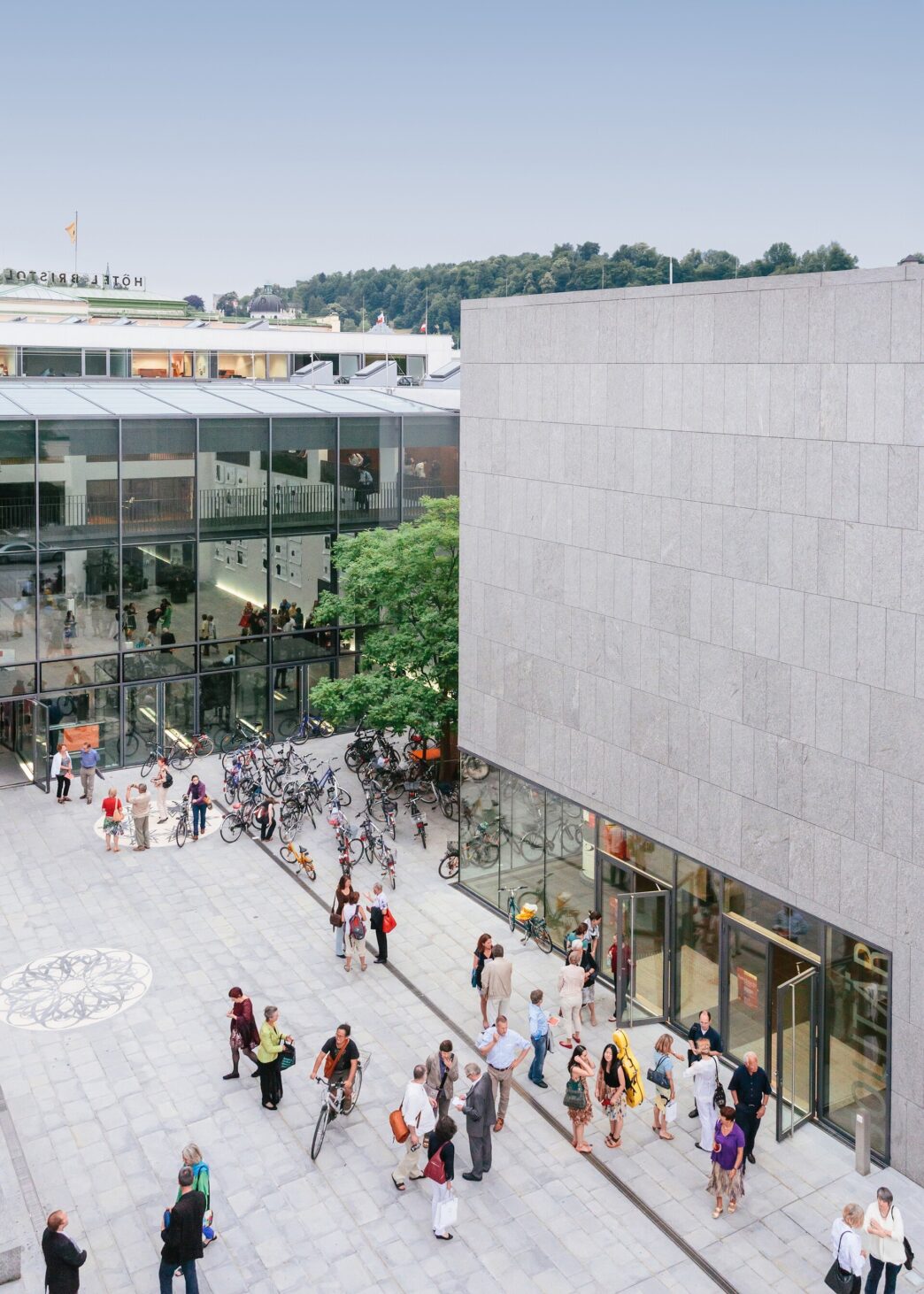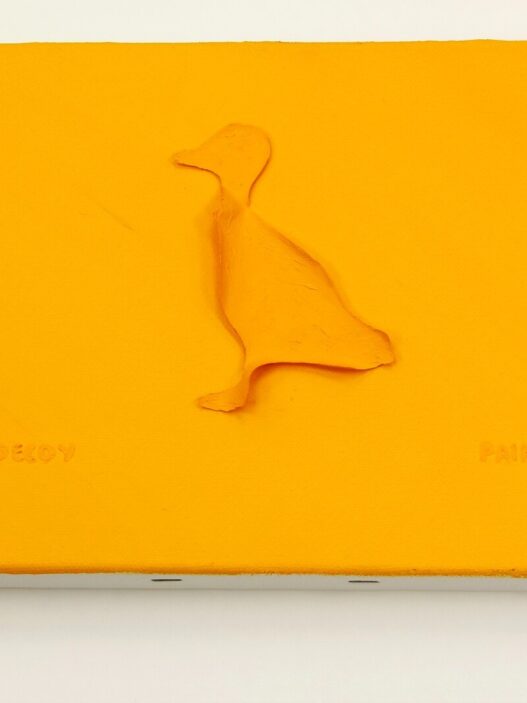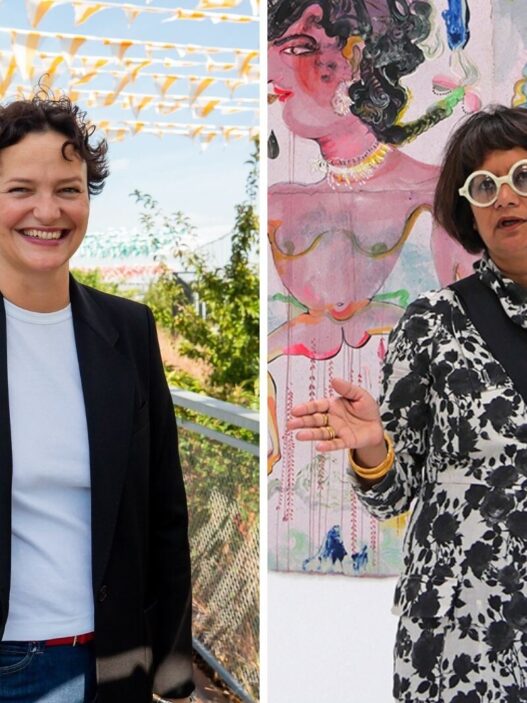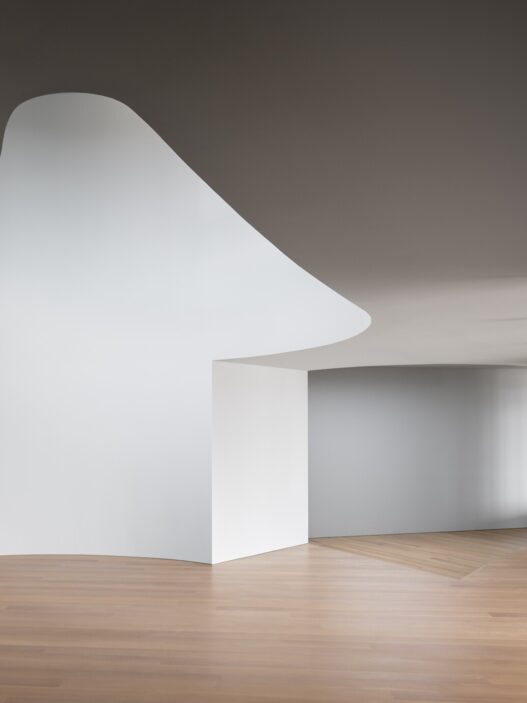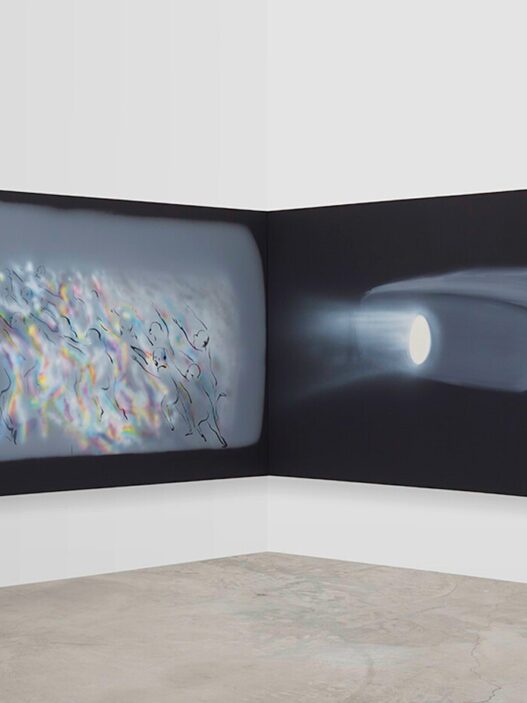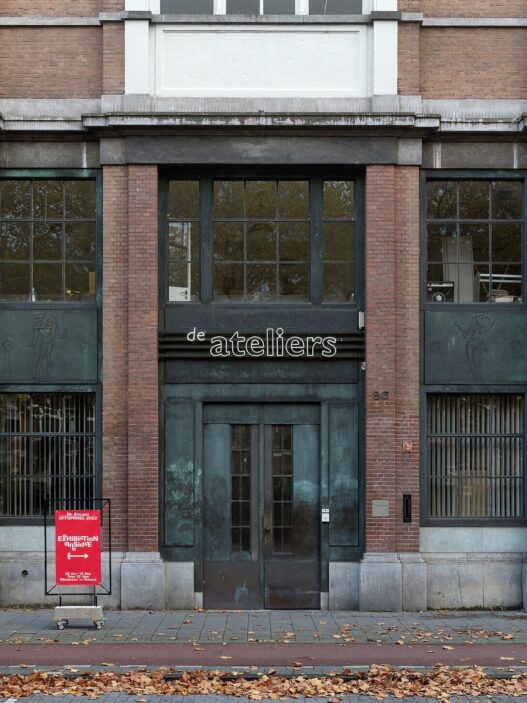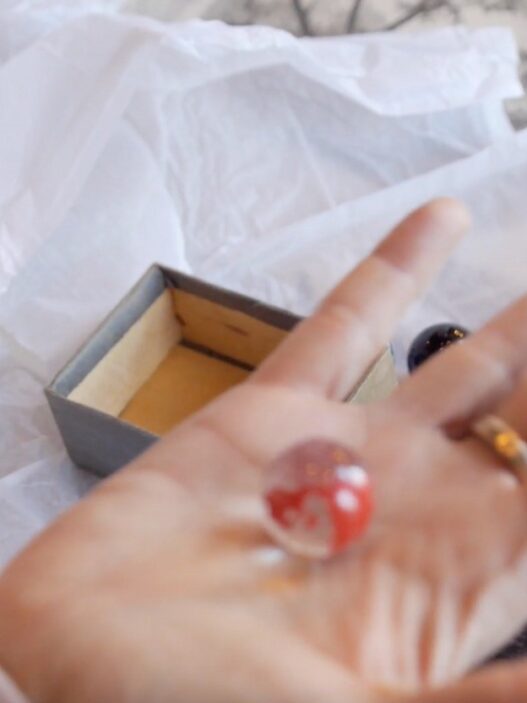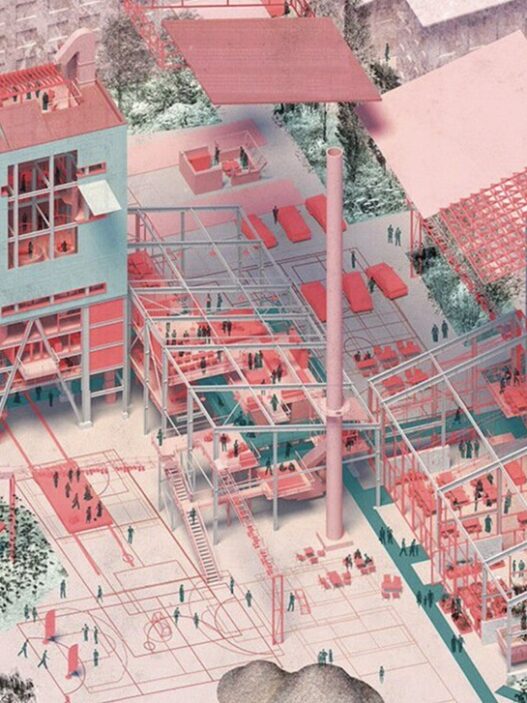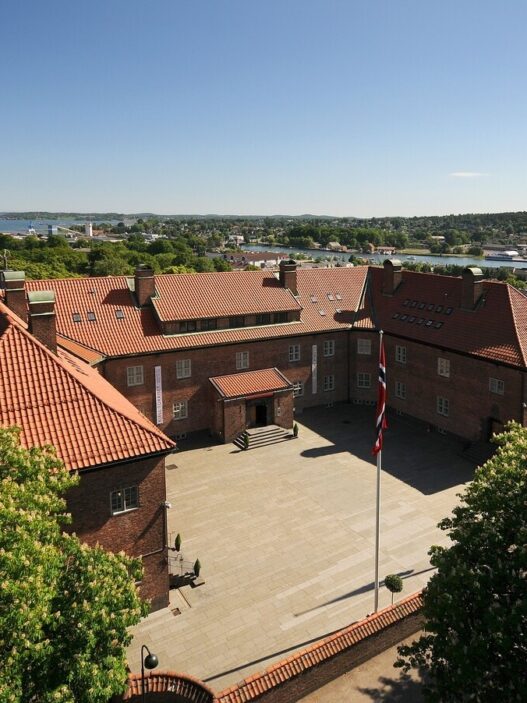The Mozarteum University Salzburg is calling for art practitioners to help launch a new doctoral program in creative research.
Artists from all disciplines, including but not limited to music, visual arts, theater, dance, film, digital media, and design, are encouraged to apply. The PhD program focuses on the ability of artistic processes to articulate themselves as research, as well as their capacity for creative and critical reflection, wherein artistic activity becomes both the subject of the research trajectory and the means through which research is performed.
The PhD in the Arts provides a framework for the development of individual projects through a variety of modalities such as one-on-one instruction, seminars, workshops, lectures, excursions, and an open area dedicated to candidate self-organization. The doctoral curriculum is delivered in a collaborative research environment that encourages artistic and intellectual interaction and cooperation while also providing enough infrastructure and facilities (spaces, instruments, staff, library, etc.).
The program is planned to last at least three years and is taught entirely in English. All classes will be held in monthly gatherings. Participants are not obliged to live in Austria, however they are encouraged to participate in activities in Salzburg. Internal financing or scholarships are not available at the Mozarteum University Salzburg. Candidates will be assisted with all external funding application processes.
The programme works with the concept of transversality as an operative principle that opposes both a vertical and a horizontal understanding of art. Examples of transversal practices that the programme welcomes include but are not limited to: Practices that engage post-anthropocentric modes of creativity (e.g. reflections on human and other-than-human interaction, environmental awareness, historical and new materialisms, speculative realism, post-human discourses, etc.); Practices that develop divergent and creative approaches to history and cultural heritage (e.g. archival practices, reflections of temporal linearity and anachronism, experimental modes of music performance, montages of found footage etc.); Practices that challenge hierarchical social and political structures (e.g. centered on feminist, queer, Marxist, decolonial and postcolonial discourses, etc.), as well as traditional divisions of labor in the art market (composer/performer/improviser, artist/spectator, art/society, etc.); Practices that engage with the imaginary and spiritual not as marginal nonrealities, but as means to change epistemologies and to reinvent ontologies.
Application process
A two-step selection process is used to admit applicants to the doctoral program (proposal and presentation). Furthermore, oral and writing English proficiency must be demonstrated. The online application tool will be available from January 16, 2023 through February 28, 2023. Please upload any required documentation here. The application process’s outcomes will be disclosed to applicants in early June 2023. For further information please contact: studieninfo [at] moz.ac.at.
Necessary documents for the online application:
–Master’s certificate (or graduation certificate from an equivalent course of study). If a master’s certificate is not available, an enrollment certificate or official confirmation of the anticipated degree should be uploaded.
–Complete transcript of records for the master’s degree including all subjects taken and grades awarded.
–In case of further previous studies please add all transcripts of records (list of completed subjects and grades).
–Applicants with foreign documents must provide an official translation into German or English alongside the relevant original.
–Proof of English skills (optional for the application process but necessary for admission. See here.)
The application (compiled into a single PDF file no larger than five MB) has to be uploaded online and should include the following:
–a résumé (curriculum vitae), please also upload it separately
–a portfolio containing relevant activities (exhibitions, concerts, compositions, publications, conferences, etc.), including links to audio and video files and large images where relevant,
–a written proposal outlining the artistic research project to be developed during the course of the study programme (contextualization of artistic research practice, potential questions of the project, outline of a prospective trajectory and provisional timetable for the project, optional: proposals for potential supervisors). The PhD project proposal should consist of two to ten A4 pages.
Mozarteum University Salzburg
Mirabellplatz 1
5020 Salzburg
Austria
www.moz.ac.at




